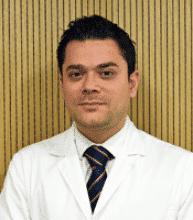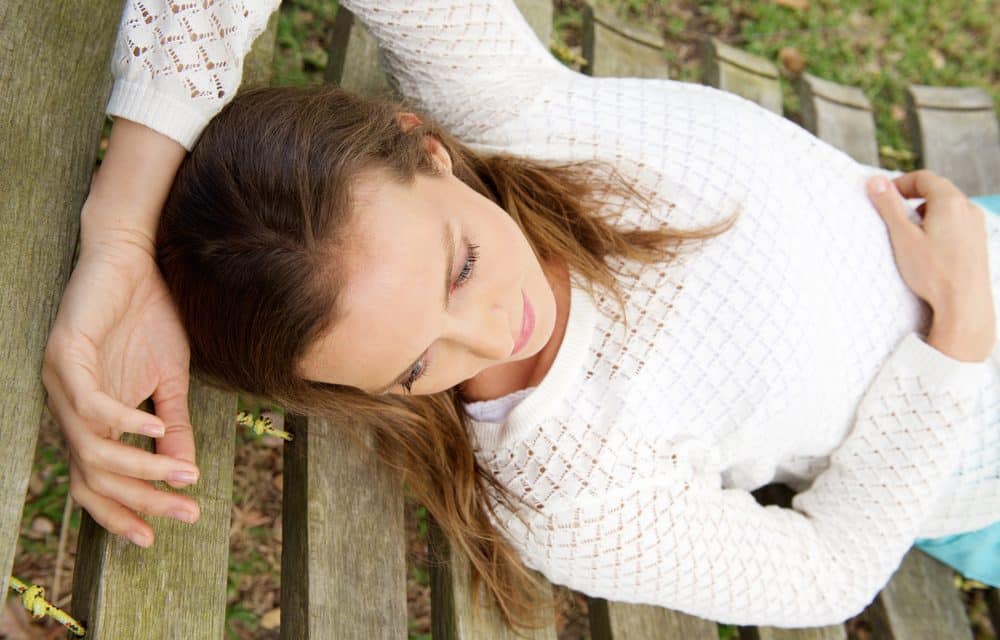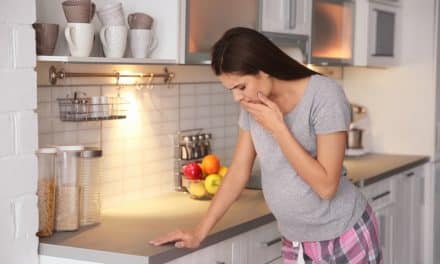
Dr Nikolaos Polyzos clinical and scientific director at the Reproductive Medicine Unit at Dexeus Mujer
Dr. Nikolaos Polyzos, clinical and scientific director at the Reproductive Medicine Unit at Dexeus Mujer has spent many years treating older women with low ovarian reserve or who show inadequate response to hormonal stimulation treatments, two situations which make it especially difficult to achieve pregnancy. His message to all these women is not to lose hope, as many research studies are under way which aim to improve current results.
What does the term “ovarian reserve” mean?
Ovarian reserve is a term that we doctors use to estimate the quantity of follicles in the ovaries, as well as their quality. Generally speaking, the younger the woman, the better the quality of her eggs.
When is a woman considered to have a “low ovarian reserve”?
In general, an antral follicle count below 4 oocytes per ovary or 7 oocytes in total (both ovaries combined) and low levels of anti-Müllerian hormone (AMH) are two indicators of a low reserve.
What percentage of women have this problem?
It isn’t very high, but it has increased as women have become more likely to delay pregnancy. Currently, 25% of assisted reproduction patients have a low ovarian reserve.
To what extent does this affect a woman’s chances of getting pregnant?
Having few oocytes does not mean that we cannot get high-quality eggs, but lower numbers mean lower chances of obtaining viable embryos. If you factor in older age, there is also a greater risk that some of the embryos will have chromosomal abnormalities.
But don’t hormonal stimulation treatments increase the number of oocytes?
They do, but not everyone responds in the same way, and in general, women with a low ovarian reserve also show poor response to these treatments.
So what are their options?
We doctors recommend undergoing more than one stimulation cycle, as it has been shown that accumulating oocytes or embryos can boost pregnancy rates, although the results depend on each case and on the patient’s age.
Is there any way to achieve better results?
I am currently leading a clinical trial with experts from Europe, Australia and Asia who are investigating whether a testosterone-based medical treatment can help improve ovarian receptiveness to hormonal stimulation. Other studies are investigating genetic causes for low ovarian response, how to activate the few remaining oocytes in the ovary, or how to create eggs from stem cells”. It is too early to offer results, but research is key to further progress.













